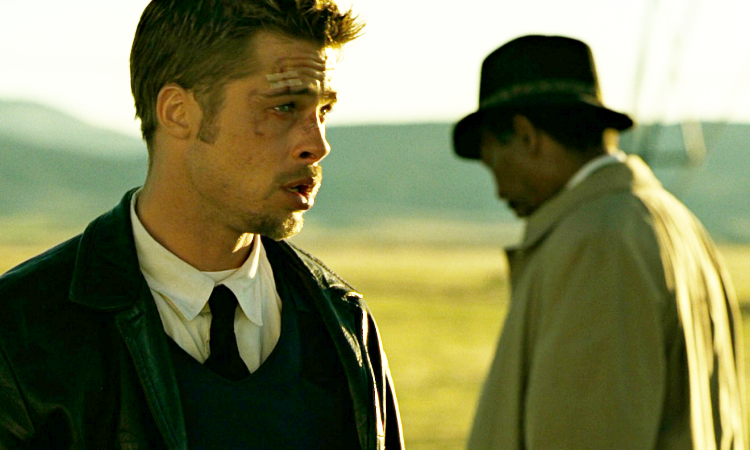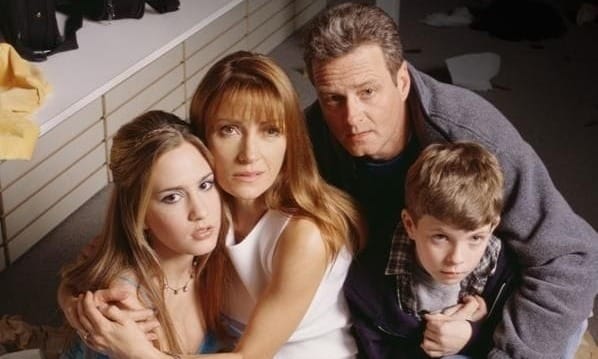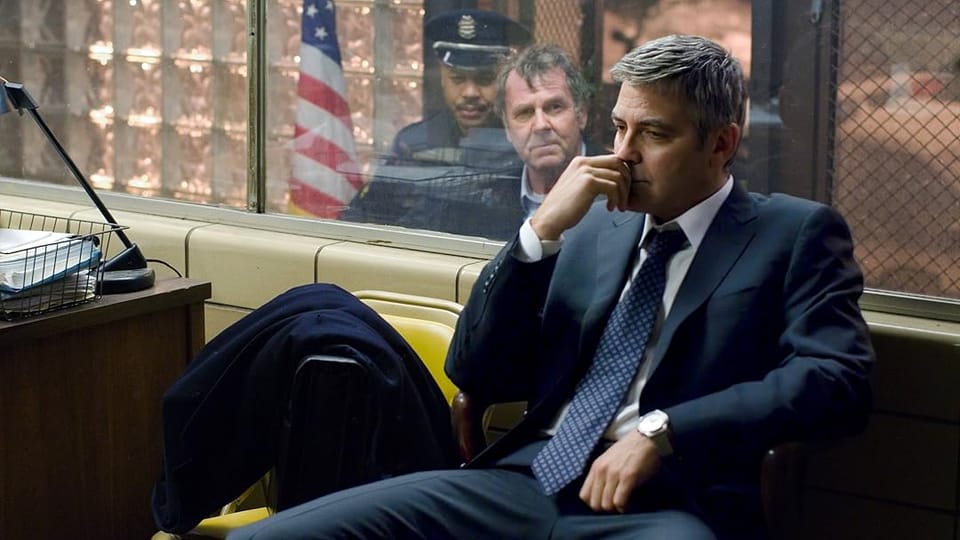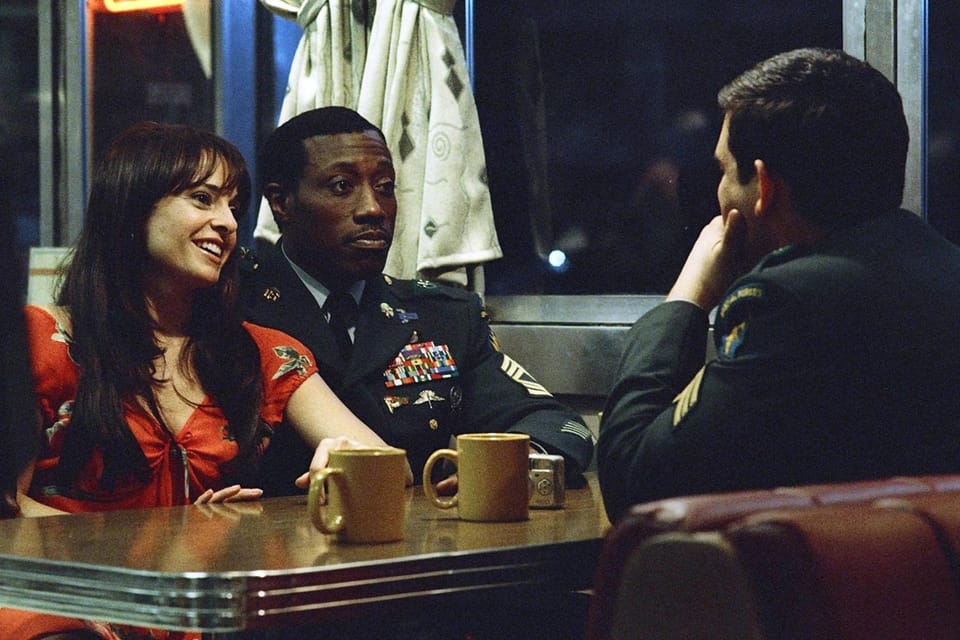Script Coverage in Perspective
It is tempting to give script coverage more validity than it deserves. After all, someone read your script and wrote their reaction down. It feels formal. Official almost. A proclamation!

The Story and Plot Weekly Email is published every Tuesday morning. Don't miss another one.
It is tempting to give script coverage more validity than it deserves. After all, someone read your script and wrote their reaction down. It feels formal. Official almost. A proclamation!
This is especially true early in your writing career when your confidence stems more from what you believe you’re capable of than what you have accomplished. That fragile confidence can be swayed in all kinds of directions.
It is important to remember that coverage is a tool, and its usefulness varies from project to project.
I’ll talk about a few of these uses in a bit. But too often, we empower it to speak to the viability of a screenplay or even ourselves as writers. Sure, coverage can spot incompetent screenwriting quite easily (it’s not difficult,) but its ability to distinguish good from sellable is much less reliable. Unfortunately, that is the very thing many people ask it to do.
WHO READS YOUR SCRIPT
Well, that’s the thing. You don’t know.
Many are still in school. Most just got out. The person reading your script is likely an aspiring screenwriter with all the baggage or empathy that may bring. You are at the mercy of their mood, schedule, and just how seriously they take their job. But most of all, their skill level. And how high is their skill level?
Traditionally, this is an entry-level position. Currently, it pays $25 to $50 for a minimum of three work hours. But let’s be honest. That’s not a livable wage. They are almost certainly shrinking those hours down to one or two to get by.
Coverage for the benefit of the writer is a recent phenomenon. Writers were never supposed to even read the coverage of their work.
When I came up in the business, coverage was designed to save the agents and executives time because they simply couldn’t read all the scripts in their piles.
The entry-level employees writing the coverage aspired for advancement in the company, and one of the ways they did that was to prove they could recognize worthwhile scripts. Yes, those assistants and readers were paid a pittance, too. But it was under the promise of being paid an extraordinary amount later. That’s why smart, talented people were willing to do it.
What is the incentive for the freelance reader to do their job well? Why are they willing to do such monotonous work for so little? I am sure they aspire for more, but they won’t get there by excelling at coverage. It’s a gig. That’s all. Finding those diamonds and funneling them up top is not the freelance reader’s job. It’s not even to give their boss talking points and a summary so the executive can have an opinion.
At its most base, the freelance reader’s ultimate job is to appear to have read the script.
That’s it. That’s what they’re accountable to. They may choose to do more, but that’s all they really have to do.
I don’t mean to bash readers. It’s a genuinely thankless job, and I am sure many of them are sometimes in the mood to do their best. We are simply speaking to the economics here. To do this job well requires more skill, time, and effort than most writers are willing to pay for, so the sellers hide the lack of skill, time, and effort to keep the cost down to marketable levels.
Remember this the next time you attach emotion to the coverage you paid for. It doesn’t mean what they write about your screenplay is wrong. It just means you don’t know if they’re right or if they’re wrong. Do not grant them credibility they do not deserve.
WHAT COVERAGE DOES AND DOES NOT DO WELL
Paid coverage is not useless, but it’s best used in a tapestry with other data points.
To get a good idea of whether a script is generally working or not, trusted readers are your best option.
I have my agents, my manager, and some professional relationships I value. Agents and managers also benefit from an additional reader, usually their assistant. The more readers, the better.
Of course, agents and managers are not a luxury everyone has. This is where trusted friends are invaluable. These are usually other writers, and what they do best is give you an emotional reaction to the script. If they don’t know how to volunteer that emotional reaction, you ask a lot of questions. Does this work? What did you think about this? What about this moment? Was this satisfying? Where did it get slow for you, etc…
This kind of inquiry is best when you are worried about possible weak points or whether big moments are hitting as hard as they need to.
My favorite circle of trusted friends came out of the improv community in Los Angeles. There is a culture of trust and support that naturally emerges from improvised comedy that I haven’t found anywhere else. I highly recommend it!
I want to point out that I wrote trusted friends here. Trading scripts with people you don’t know is not free. It looks to be free. It sounds free. But it can be costly. It’s sometimes worth a shot because they might one day move into the “trusted friend” category, but you need to be prepared to kiss a lot of frogs to get there. And some of those frogs can be toxic.
This brings us to paid coverage.
The weakness of coverage can be an asset if you understand it going in. The most important thing paid coverage can help you with is what information is absorbed and what isn’t in a non-careful read. Your trusted friends (should) read your script carefully. The person performing your coverage did not.
What did they miss in their quick read? Are there important plot points that confused them?
For example, I had an accidental shooting in a script. My agents and managers knew from the earlier treatment that this was someone cleaning a weapon when the gun accidentally discharges. But those reading the script cold ALL thought it was a suicide, which changed the story's second half. That’s my fault. Not theirs. And I had to fix it.
Coverage can also give you a good idea of whether you successfully established your main premise in the first act. It can also reveal if the reader is emotionally engaged with the protagonist and the world you’ve created. If you’re going to employ coverage, I recommend at least three different readers are used so a consensus can emerge.
Notice that all of these things are about the first half of the script. Remember the economics of the job.
Whether they love your script or not, there is no incentive to read the whole thing carefully and champion the project in any way other than a few kind words.
At some point, they will start skipping pages to get to the end so they can feel like they can comfortably claim they read it. This is one of the main reasons why paid coverage services do not excel at recognizing the value of the script as a whole. They are unable to discern the full emotional impact of the project.
If you recognize all this going in, paid coverage can be a worthwhile addition to your project’s development.
But this is an important point. Coverage is a part of development. It is not development itself. Coverage focuses on where the script is at that moment. It reacts to the script. Development is a skilled process of how to get the script where it needs to go.
This is not the same thing, and you must not confuse the two.
Consistently developing material for the better is one of the most difficult tasks in Hollywood.
Unfortunately, everyone thinks they’re good at it because they mistakenly believe it’s just a matter of “good ideas” and “taste.” It isn’t. Do not take notes or suggestions from coverage unless you 100% agree with it. Sometimes they see something you don’t, but they are no better at developing material than you are. If a note feels wrong, it is wrong. Unless you’re bad at this or just being stubborn (and in that case, I can’t help you), knowing what you are trying to do and using your gut is your best barometer of whether something works or not.
What you absolutely cannot do is let coverage influence how you feel about a project or yourself as a writer.
This can be challenging, of course, but it’s vital. I have received poor coverage on projects I’ve sold for six figures. I once had coverage try to explain “cause and action” to me, and I’m still not quite sure what they were talking about. Cause and effect? Who knows! In sum, I have zero confidence that I could take my most successful script and be in that top 1% of that Coverfly thing.
Is this a reflection on me or my skill level? Nope. It is simply the economics of the task.
That doesn’t mean coverage is useless, or evil, or even unworthy of our resources. It doesn’t even mean they're wrong. It just means we keep the information nice and compartmentalized. It is a data point for the bigger picture. And that’s all.
The Story and Plot Weekly Email is published every Tuesday morning. Don't miss another one.
When you're ready, these are ways I can help you:
WORK WITH ME 1:1
1-on-1 Coaching | Screenplay Consultation
TAKE A COURSE
Mastering Structure | Idea To Outline




